
Law Students Embark on Unique Rural Colorado Externship Program
November 2024
Download This Article (.pdf)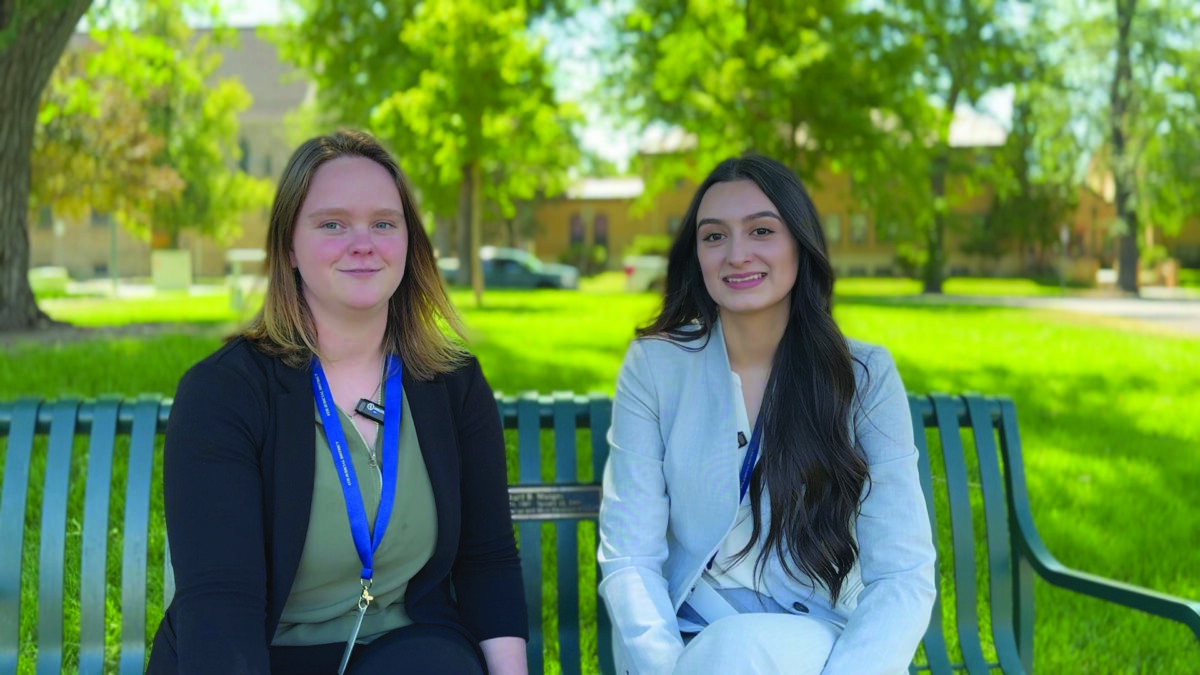
“The highly collaborative and noncompetitive nature of rural legal communities helped me understand that law school was the right career choice for me. I look forward to living and working in Northeastern Colorado,” said Nayely Gomez. Nayely just completed her summer legal internship with the Greater Colorado Law Student Experience (GCLSE) and plans to stay within the Northern Colorado area after graduating.
GCLSE is an eight-week externship program aimed at immersing law students in rural Colorado. The program—which just completed its third year—is currently run by Colorado Access to Justice Commission (ATJC). This year, ATJC selected 10 students from an applicant pool spanning 17 different law schools. The selected students demonstrated a strong preference for working within the rural communities, and many of the students were from rural communities themselves. The 10 students were paired off into groups of two and assigned to one of five regions: Northern Colorado (Fort Collins, Greeley, Sterling); Alamosa; Pueblo; Leadville; and Cortez.
The externship program was initiated by Sumi Lee, then head of Judicial Diversity for Colorado’s judicial branch, to create a more diverse pool of candidates for the bench in rural Colorado. Recognizing that more lawyers are needed in rural areas, the program serves as a proof of concept, demonstrating the viability of establishing a legal career in rural communities. After two successful years under the judicial department, the program was transferred to ATJC.
ATJC was able to provide each student a $5,000 stipend to cover living expenses during their stay in the rural community. This financial support was vital in allowing the students to pick up and move, often out of state, particularly given the high cost of housing in Colorado. Each participant spent three days a week working in the courts within their designated district to get a close-up view of the judicial process and daily court operations. In addition, the students collaborated with local legal organizations and law firms to further broaden their practical knowledge and professional network. To round out the program, the students were given Fridays off to explore and immerse themselves in the local activities and culture.
What made this program so successful was the combined enthusiasm and dedication of the judges, local legal leaders, and professionals who received the students. Each location structured a plan that enabled students to gain a broad understanding of their designated community, work on research and writing projects, and collaborate with the local legal community on ongoing initiatives.
After completing the program, the students expressed that they were inspired by the impacts that the local legal leaders were creating within their community. These leaders not only helped law students grow within their areas of interest, but also listened to the needs of the community, participated in pro bono work, and were highly collaborative with the other legal professionals in their area. Their boots-on-the-ground work, commitment to work-life balance, and enthusiasm for the community had each student eager to return to start practicing law in their designated area.
“What first comes to mind with this internship is the support you get while you are in it,” said Tori Dunavan. “This internship is a great jumping off point for a legal career because of all the networking opportunities and all the people you get to meet, even outside of the legal field.” Tori and Nayely were assigned to Northern Colorado and quickly bonded since both are attending the University of Wyoming College of Law. Tori is originally from Walsh, Colorado, and was motivated to attend law school because of the legal needs in her agricultural community. While in Greeley, she had the opportunity to both work with Judge Taylor on water law issues and collaborate on research for organizations that help with low-income agriculture communities, ranchers, and forest landowners. She is interested in agricultural law, financial advisement, and mental health advocacy.
Nayely applied to the Northern Colorado program after seeing that Judge Kopkow would be one of the mentors. Judge Kopkow was Nayely’s undergraduate professor for judicial process, and he was instrumental in her decision to switch from pursuing a career in mathematics to one in the law. Nayely and Judge Kopkow collaborated on a bond bench book during her time in Greeley, and his only complaint was that he did not get nearly enough time to work with her. Nayely intends to reside in Northern Colorado after law school and is enthusiastic about the broad array of opportunities that await her.
In Alamosa, Sam Pritchett and Banaz Wadi were assigned to site supervisor Megan Bagwell, director of administration and diversion services for the 12th JD District Attorney’s Office. Bagwell spoke highly of the interns: “Having intelligent people able to jump right in was a huge benefit to our office and to the people of our community. It would have taken us months to get through the work that they did.” In turn, Banaz described her experience as a student with the GCLSE: “I’ve gotten to build a lot of confidence as a student. Every placement we have been to has given us so many responsibilities and allowed us to be very hands on with the cases we have gotten to work on.”
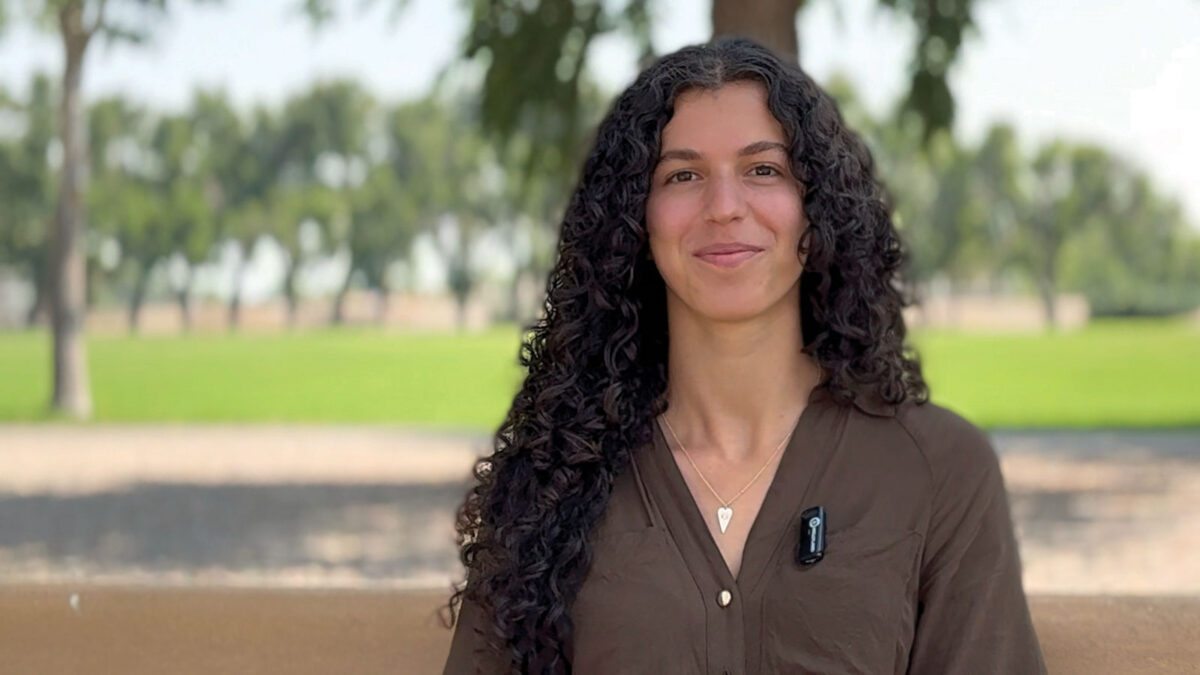
Sam specifically noted how inspiring it was to work with Alamosa District Attorney Anne Kelley. He described an enthusiastic energy surrounding Kelley and her staff, and he noted the excitement he felt in witnessing firsthand the positive changes that she is continuing to make. He also spoke of his admiration of Judge Cortez, who is addressing the lack of mental health resources by setting up a weekly competency court to actively problem-solve complex cases. Sam discussed how even though he didn’t grow up in a rural town, he is motivated by the concept that individuals can have big impacts right away by working on complex social problems within rural legal communities.
In Pueblo, Judge Allison Erhnst, Gail Rodosevich, and Kyle Aber (deputy director of liquor and marijuana licensing for Pueblo County) hosted law students Dominika Kamionka and Isabel Feldman. Judge Erhnst was also mentoring a recent University of Colorado–Pueblo graduate who plans to apply to law school this fall. The Pueblo hosts spoke with pride about the current interns, as well as the previous interns that they have hosted and kept in contact with over the years. They also described the fun, small-city feel of Pueblo and the many legal opportunities within the town. “My experience with the 10th Judicial District has been nothing short of amazing,” said Dominika. “Everyone is genuinely in love with the community and eager to get you to see the community through their lens.”
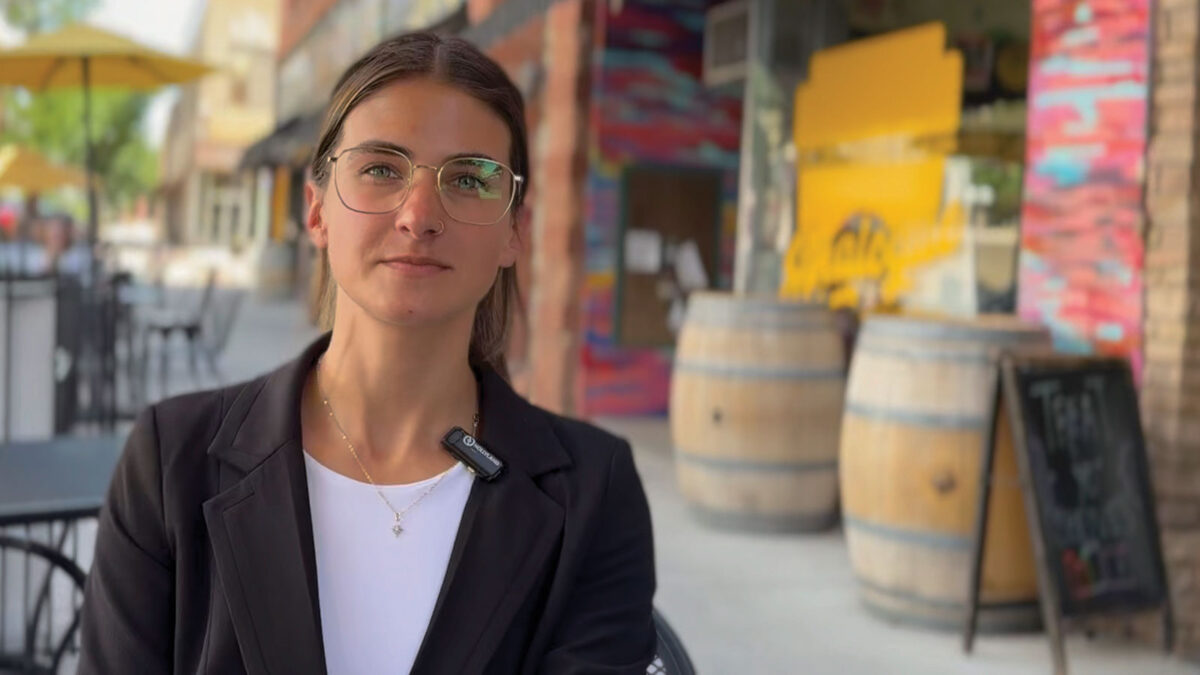
In Leadville, Bella Pantoja and Abbey Siglerworked with Breckenridge legal researchers Julia Chamberlin, Vanessa Mclain, and Beth Pond. Each of the legal researchers spoke about how delighted they were to work with Bella and Abbey, and how proud they were to show them the work the judges were doing within the community.
Pond described the beauty of the GCLSE: “I think from the interns’ perspective, they find the experience of community outreach extraordinarily rewarding because they actually get out into the community, they have value in the community, and they are also giving back. And the entities with whom they work come back and they thank us profusely for the interns’ help. It becomes this project that serves the greater good.”
Bella was able to work with Eagle Valley Land Trust, where she helped with property liability issues, drafted leases, and answered legal questions as needed. Abbey, a 3L from Oklahoma, said, “I have been able to focus on my skills and my abilities, not just the field of law I am interested in, but law in general and what’s important to make a good attorney. I learned a very well-rounded way of writing, and of working with clients, working in the court, and talking with judges, and that is something I think is so valuable and important.” Both Bella and Abbey spoke of how much they enjoyed hiking and playing in the mountains during their externship.
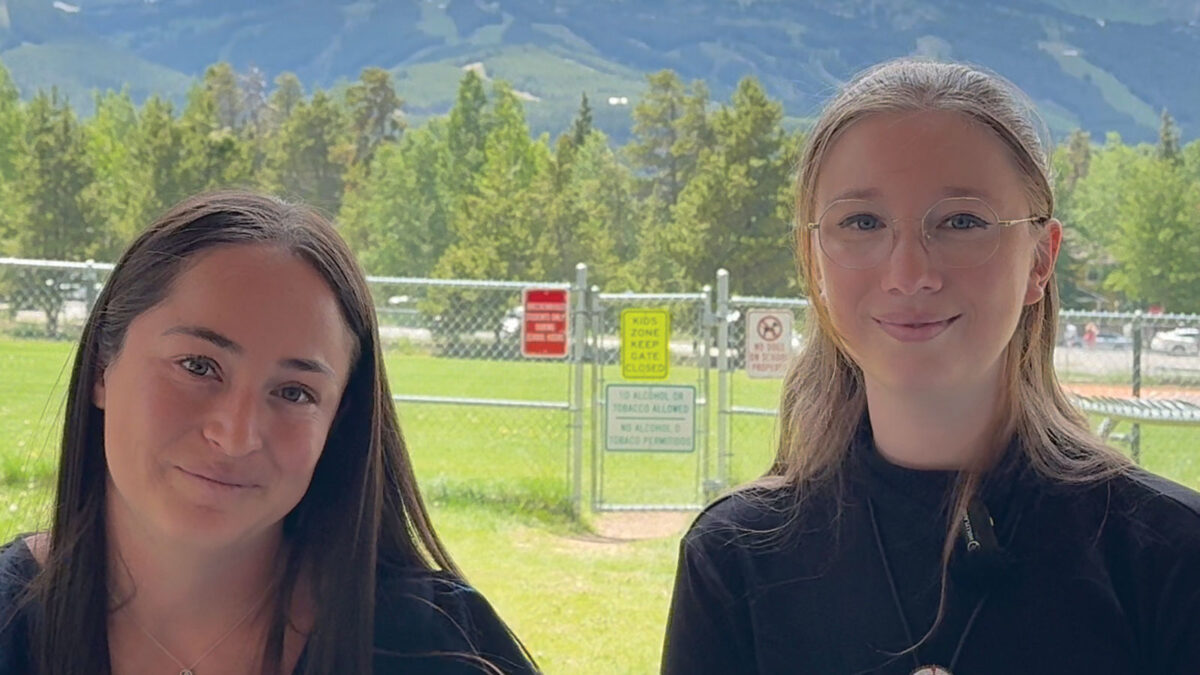
Finally, Lynwood Dukes, a rising 2L from Baylor School of Law, and Anthony Rodriguez, a rising 3L from Arizona State’s Sandra Day O’Connor College of Law, were assigned to Cortez. In describing his summer, Lynwood said, “My work in the Montezuma County Combined Courts has made tangible what I’ve been studying in theory during law school. This has been the best experience anyone can have in getting a true foundation in law.”
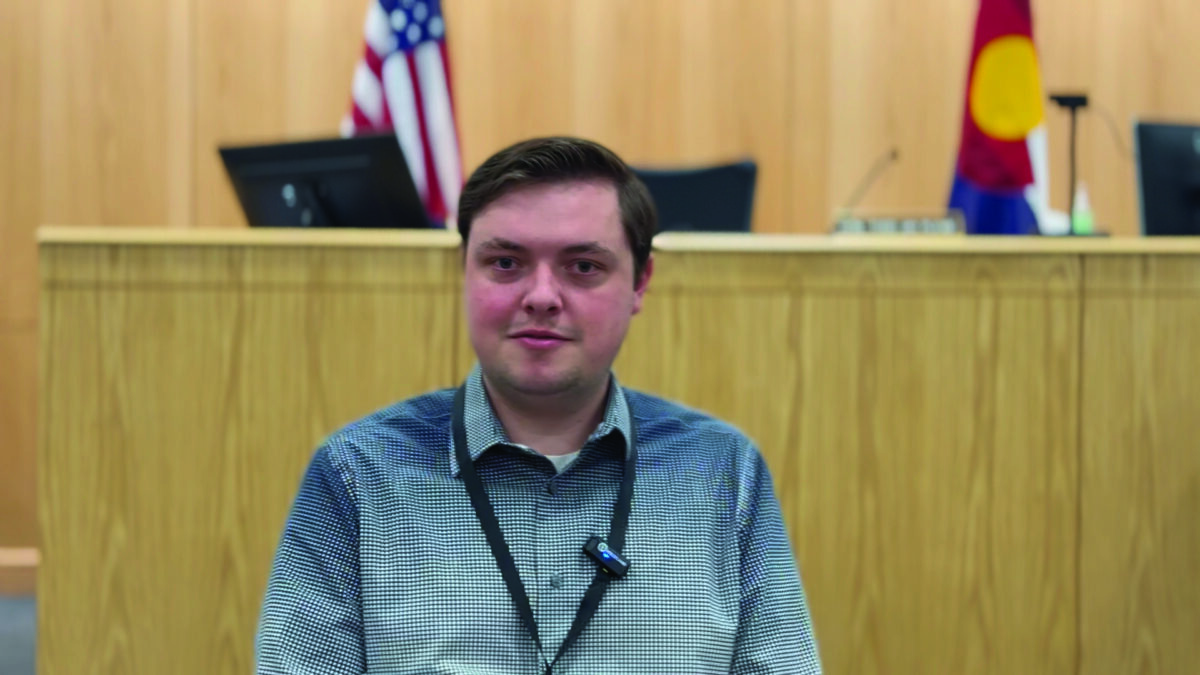
“This is a great entry point for law students to connect to rural practice sites,” said Jason Roberts, ATJC director of rural legal services. “Our goal is to help steer students toward the idea that there are more viable careers in the practice of law than just careers in the corporate world.” GCLSE aims to be the first step in helping new lawyers establish rural practices. The externs not only find support and build relationships, but also get a firsthand view of rural legal practice possibilities, such as being part of a retiring lawyer’s succession plan or working with a mentor to help establish a private practice. By planting the seeds for future professional opportunities, the GCLSE hopes to encourage more law graduates to pursue careers in rural Colorado.
The GCLSE would like to expand into more rural communities, expand its capacity for more students, and create infrastructure for 2L and 3L students to develop a career path within their chosen communities. To do this, they need volunteers, sponsorship, and partnerships. Please contact Elisa (Emo) Overall, elisa@coloradoaccesstojustice.org, or Jason Roberts, jroberts@coloradoaccesstojustice.org, to learn more about needed contributions.


